What Does Being A Black Voter Mean To You Today?

Photos by Demetrius Freeman for HuffPost
This year marks the 150th anniversary of the ratification of the 15th Amendment, which gave Black men the right to vote. This year is also considered one of the most crucial presidential elections in recent history. A lot is at stake, especially for Black Americans who, despite being historically disempowered yet at the forefront of progressive movements, are often erased from in-depth conversations about the U.S. electorate.
In January, HuffPost traveled to Columbia, South Carolina, the first primary state with a significant Black population, to talk to voters about the most pressing issues on their minds before Saturday’s contest. We talked to more than 30 people who had varying backgrounds, values, opinions and hesitations about the primary. The result was “Black At The Ballot,” a HuffPost multimedia project profiling Columbia residents whose stories dispel assumptions and stereotypes about Black voters.
Each voter had a distinct story, but the common thread was a population yearning to be truly heard. We asked each of them what it meant for them to be a Black voter in 2020. Here’s what 13 of them had to say about that significance.
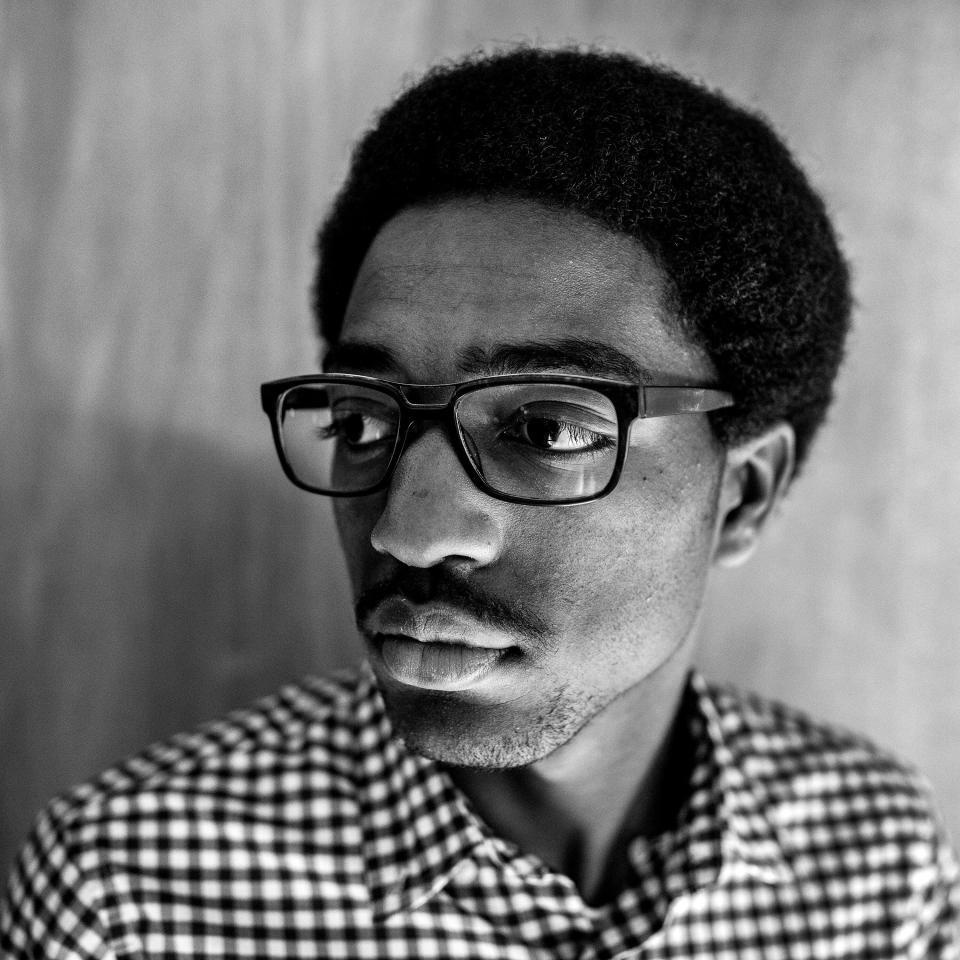
Jahleel Johnson, an 18-year-old student majoring in German and political science at University of South Carolina, from Graniteville, South Carolina:
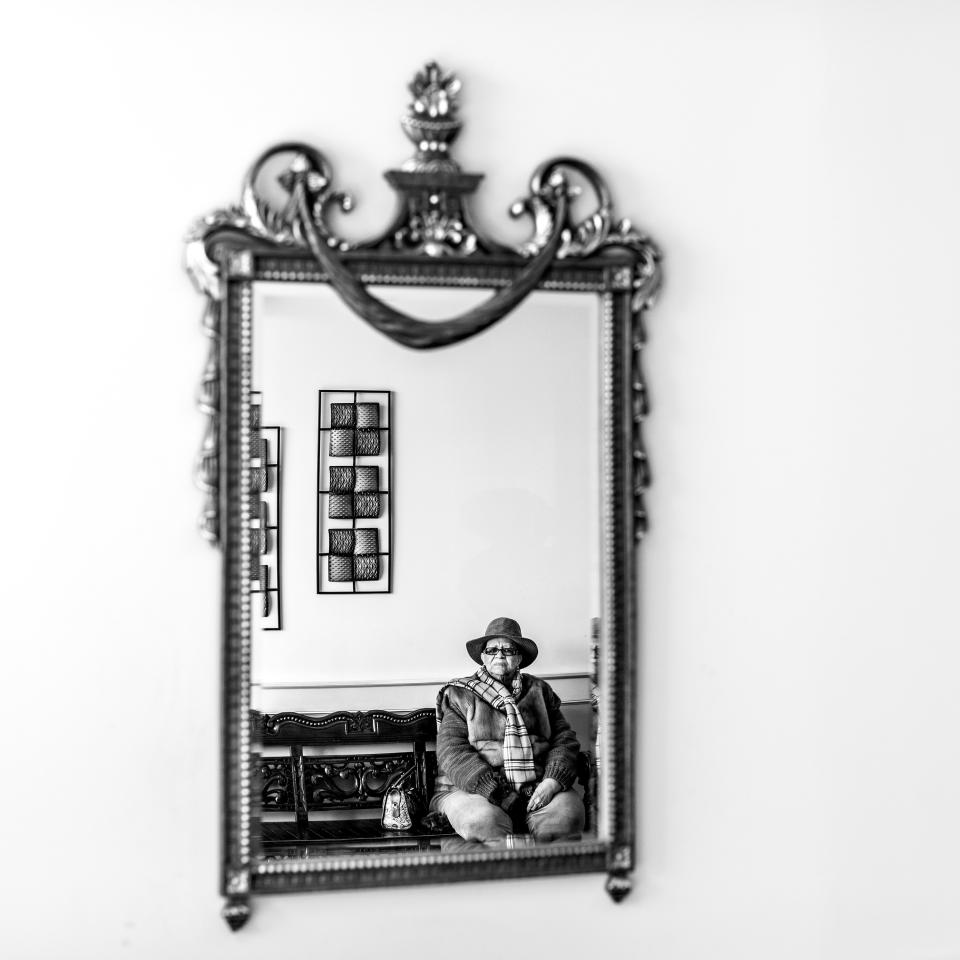
Lamaris Schumpert Mack, a 74-year-old retired nurse administrator, from Columbia, South Carolina:
Love HuffPost? Become a founding member of HuffPost Plus today.
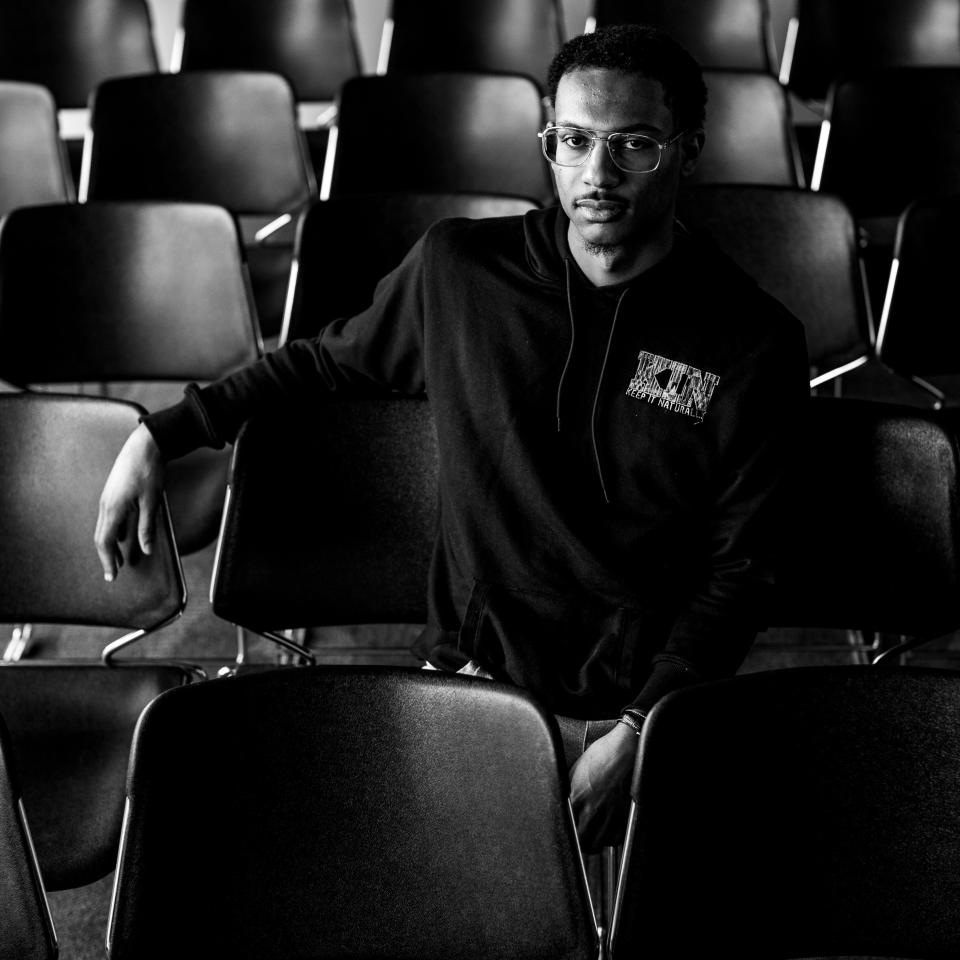
Gary Knight, 26-year-old physics, chemistry and engineering teacher, from Columbia, South Carolina:
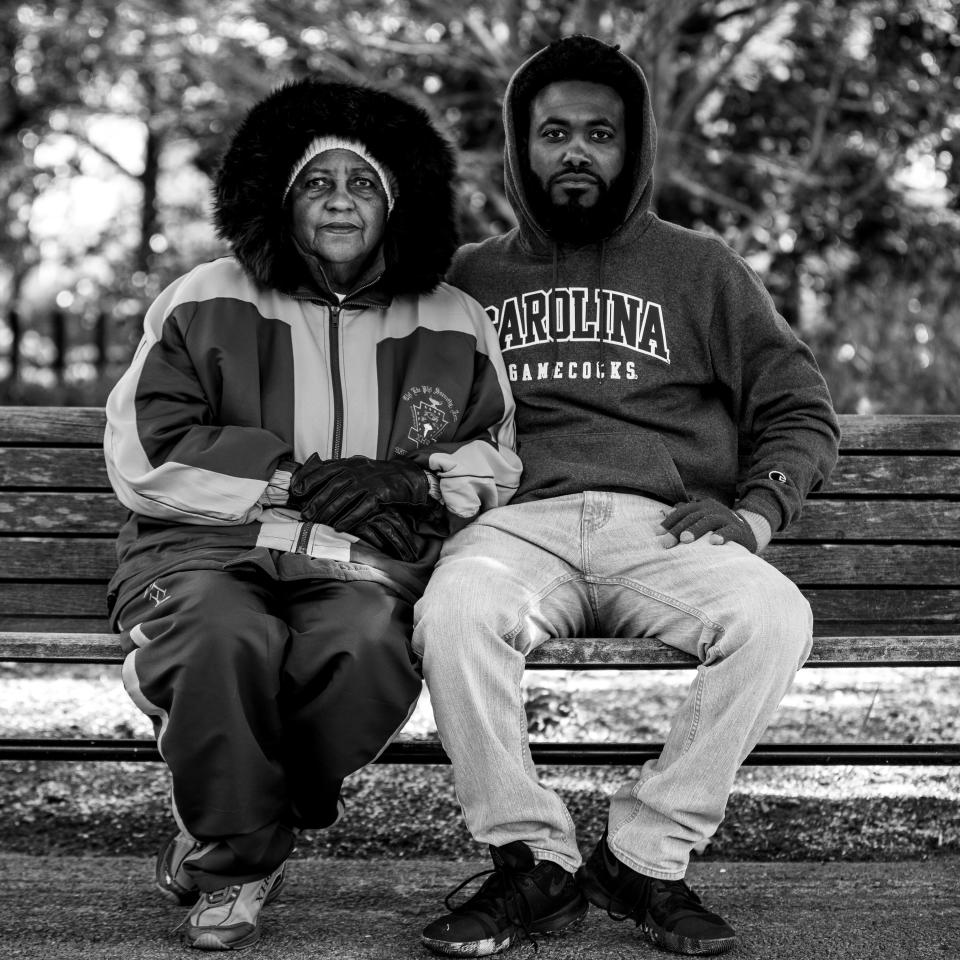
Jettiva S. Belton, 76, and her grandson Russell J. Earle Jr., 30, at the MLK Day rally outside Zion Baptist Church in Columbia, South Carolina:
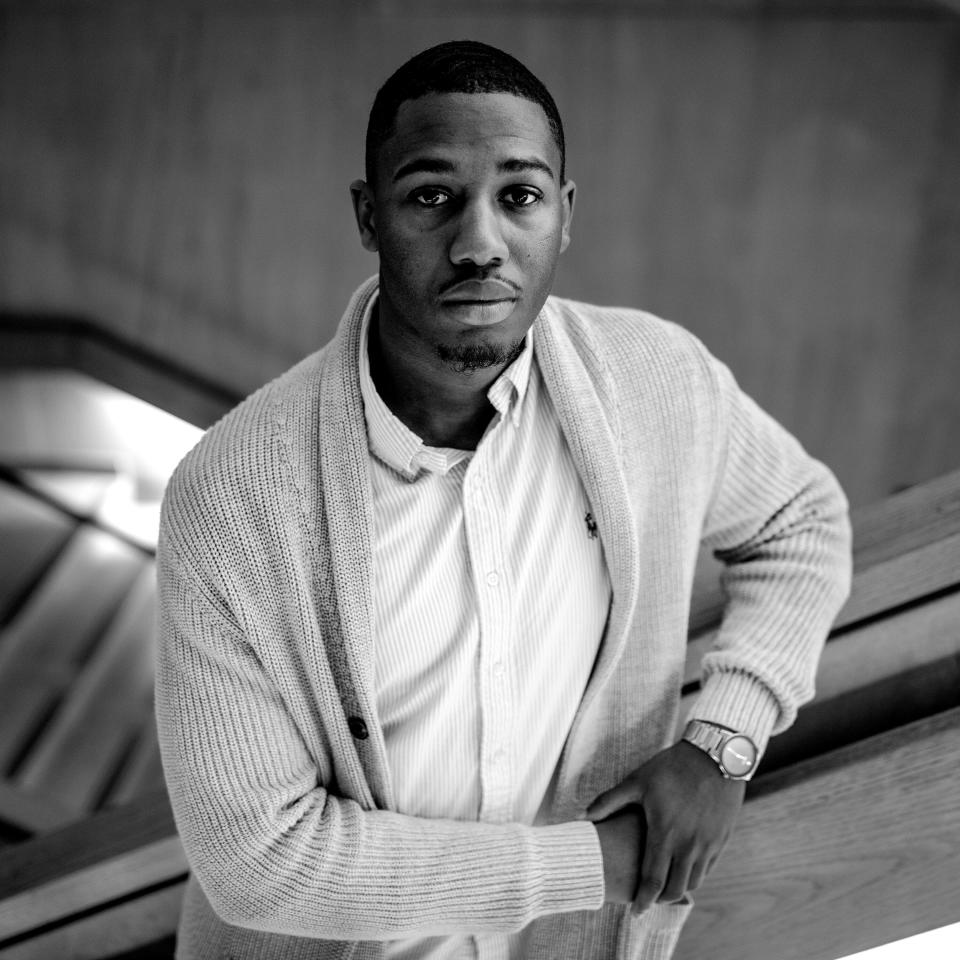
Michael Parker, a 20-year-old sophomore at University of South Carolina who is majoring in religious studies, from Sumter, South Carolina:
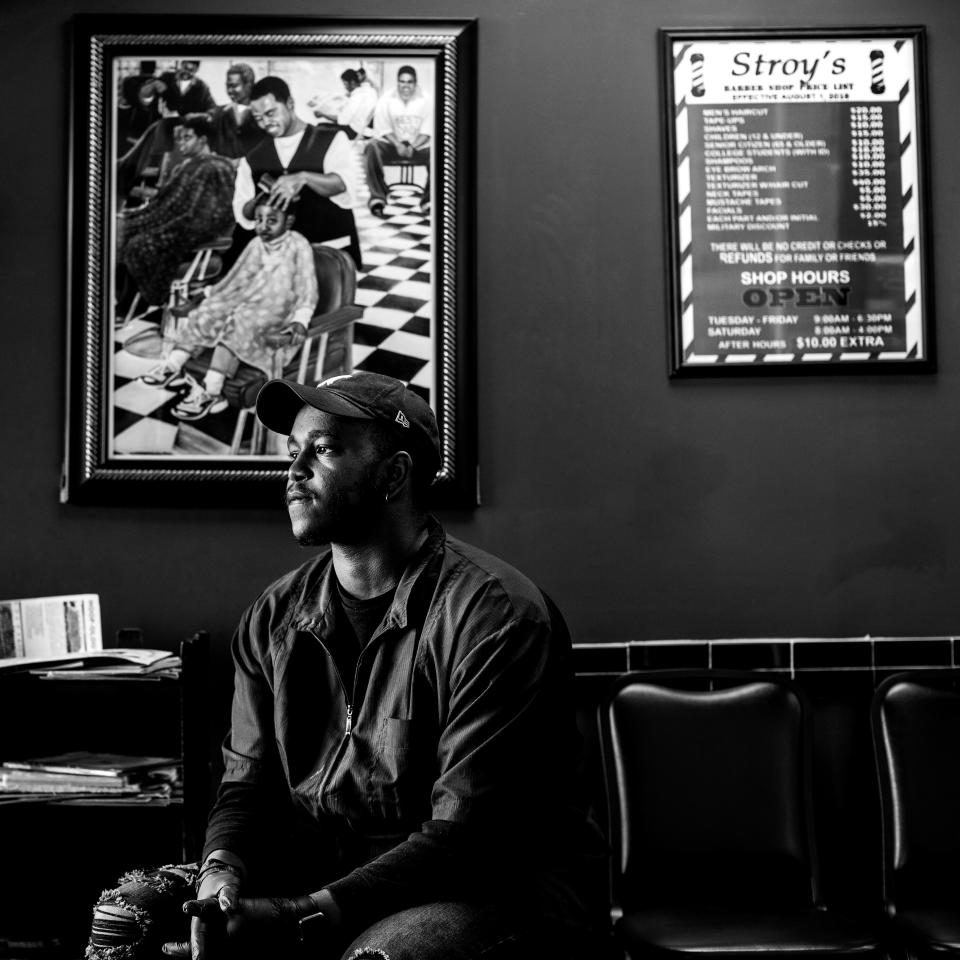
Bryant Carlos, a 24-year-old barber at Stroy’s Barber and Styling Shop, from Columbia, South Carolina:
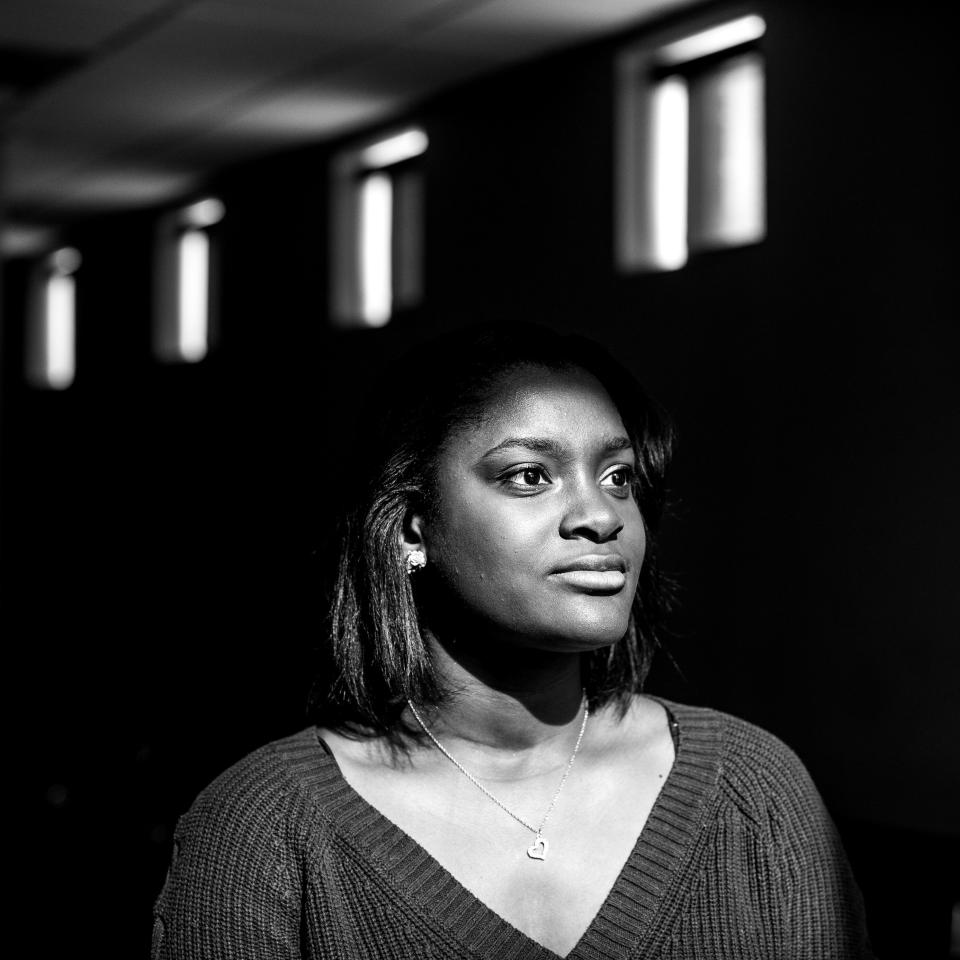
Adia Caldwell, a 20-year-old junior at the University of South Carolina, from Marietta, Georgia:
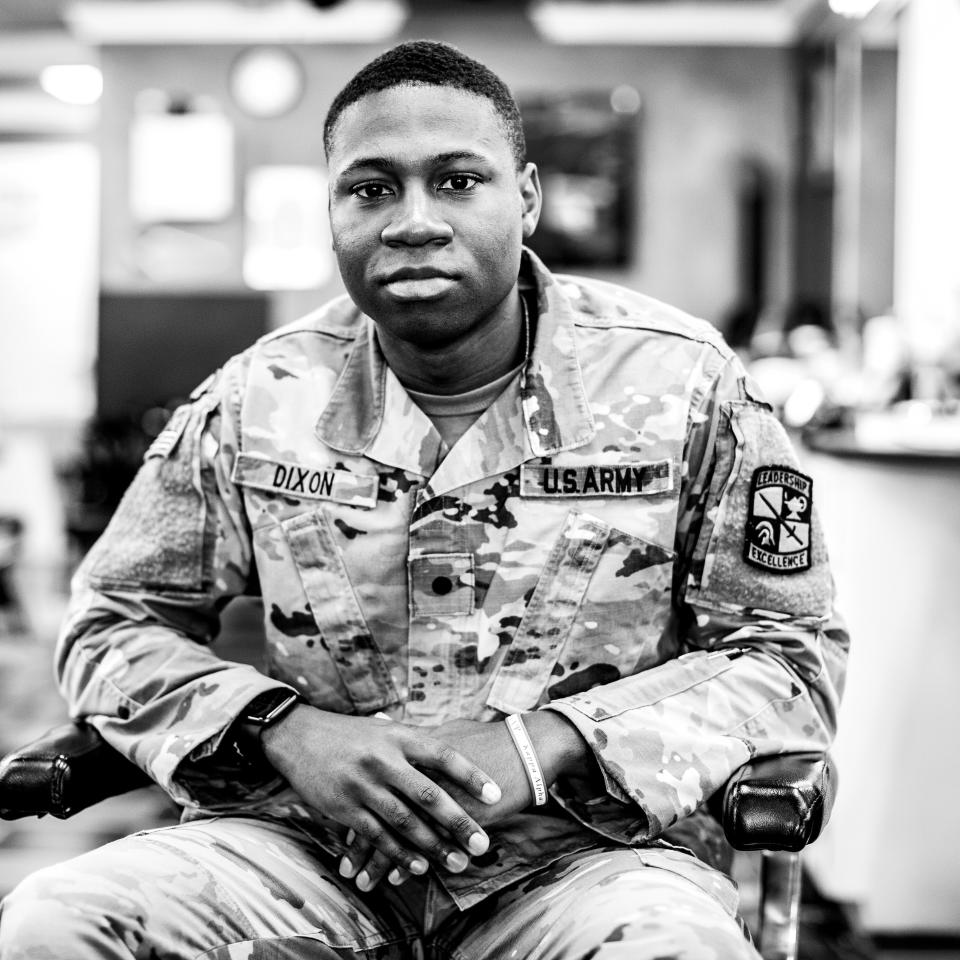
Raymond Dixon, a 23-year-old student at Benedict College, a historically Black college in Columbia, South Carolina. He is currently serving in the National Guard.
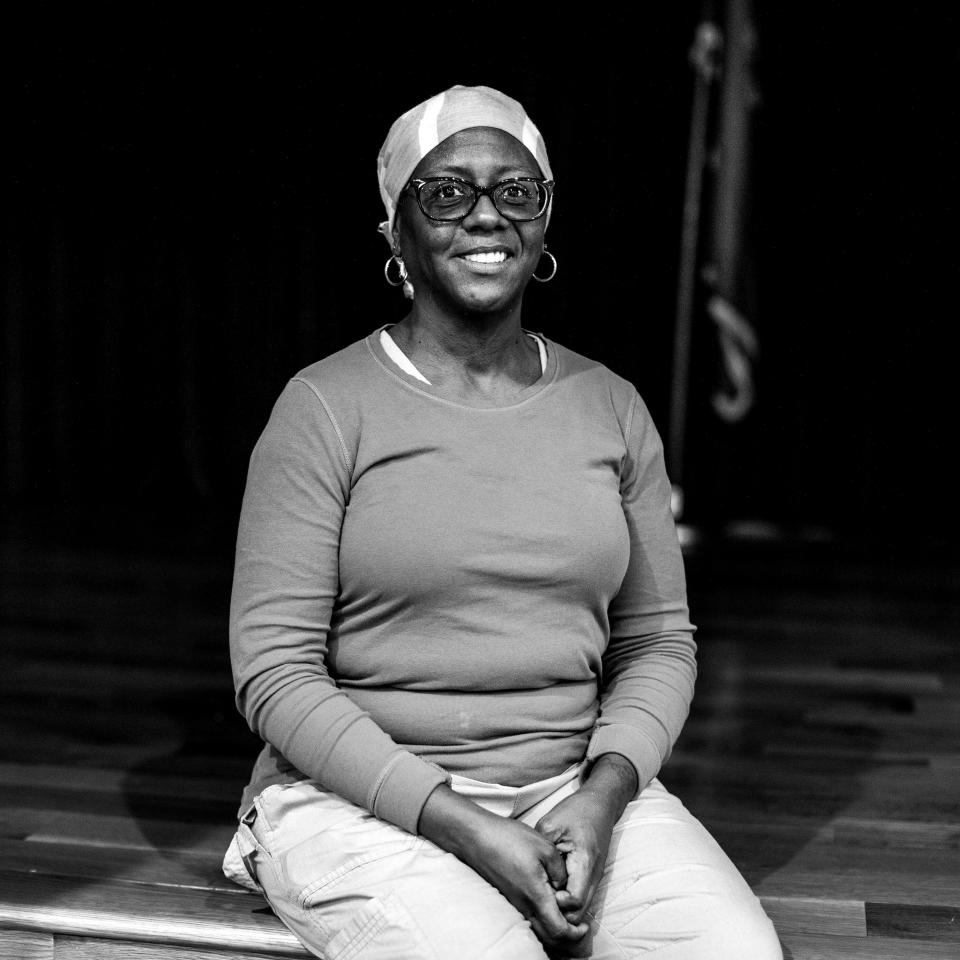
Tracie Furgess, a 50-year-old dentist, who grew up in Springfield, South Carolina:
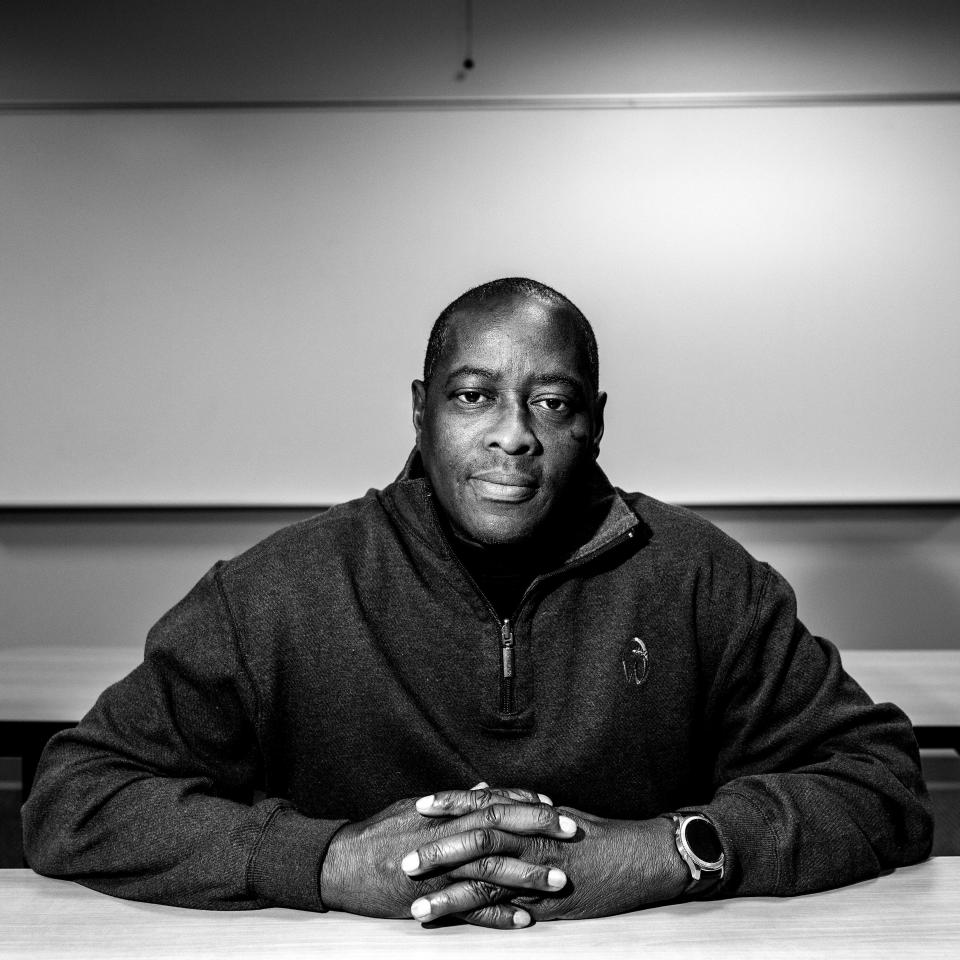
Lee M. Coles, a 56-year-old former military officer, from Georgetown, South Carolina:
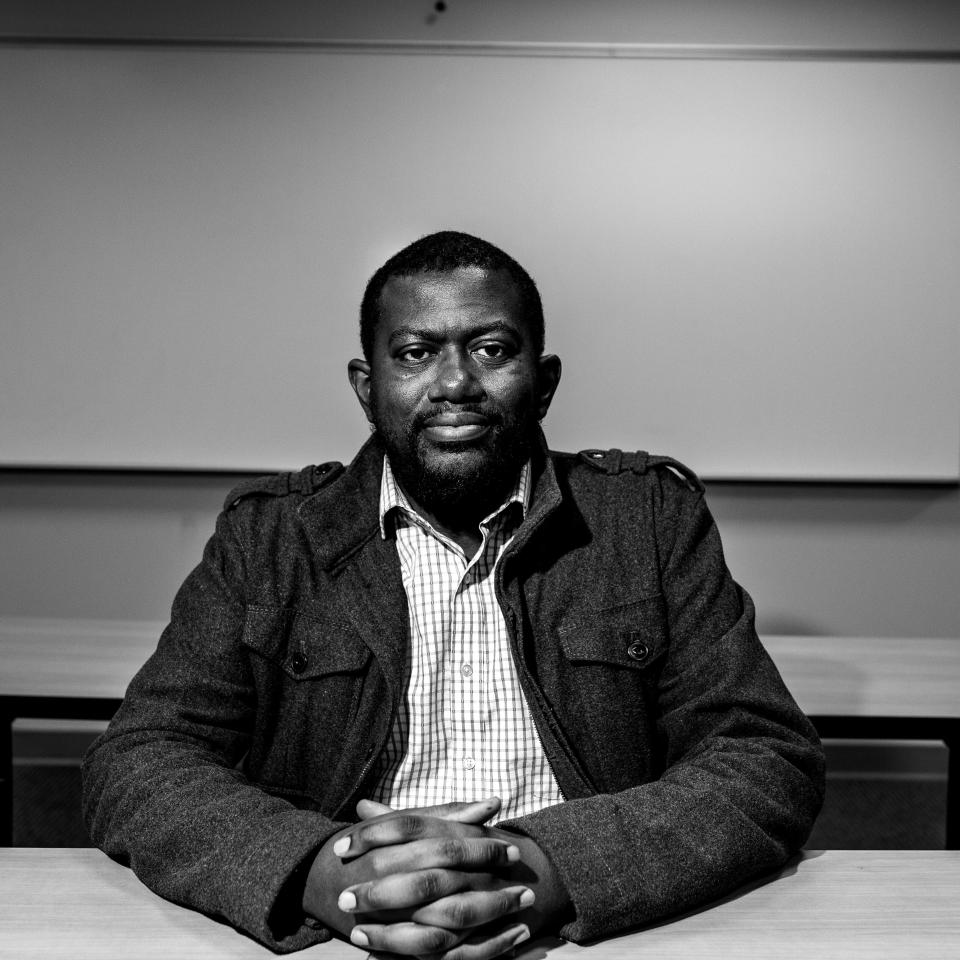
Muhammad Salaam, a 36-year-old statistician who has lived in Columbia for the last 13 years and is from Atlanta:
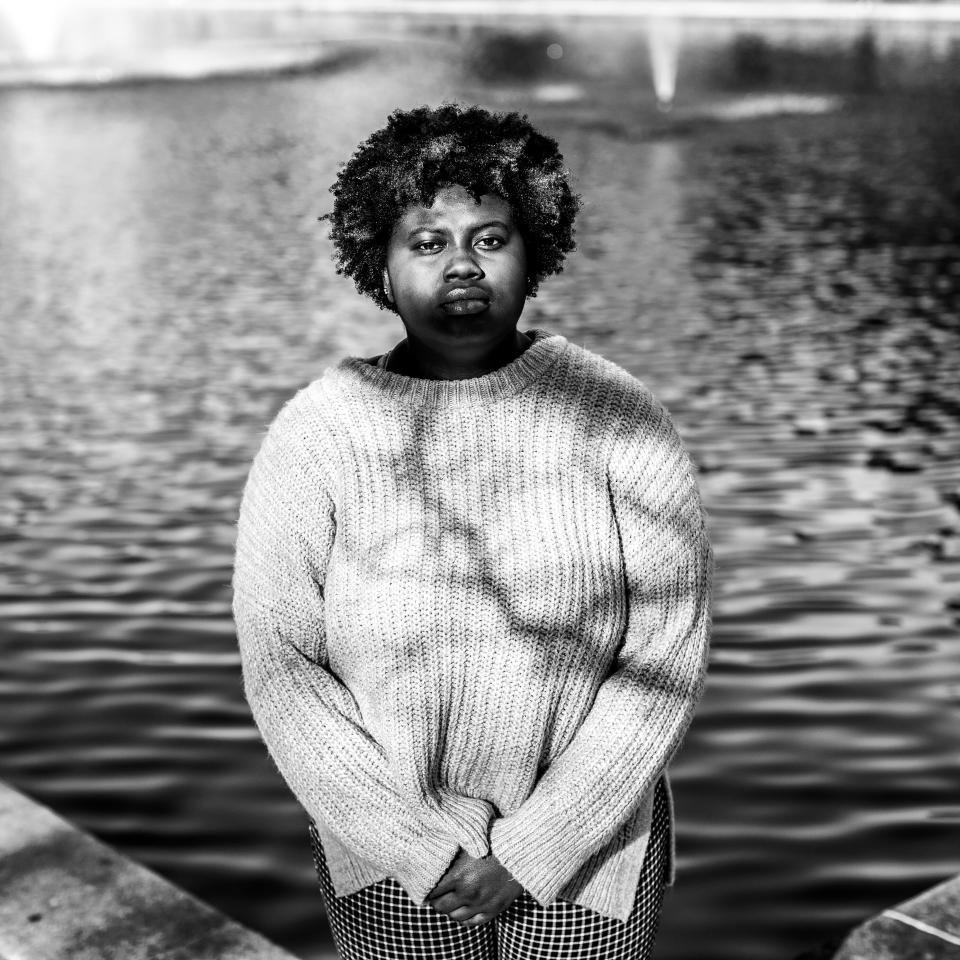
Janel Moore, a 20-year-old junior majoring in global studies on a pre-law track at the University of South Carolina:
This article originally appeared on HuffPost.

